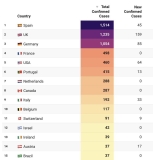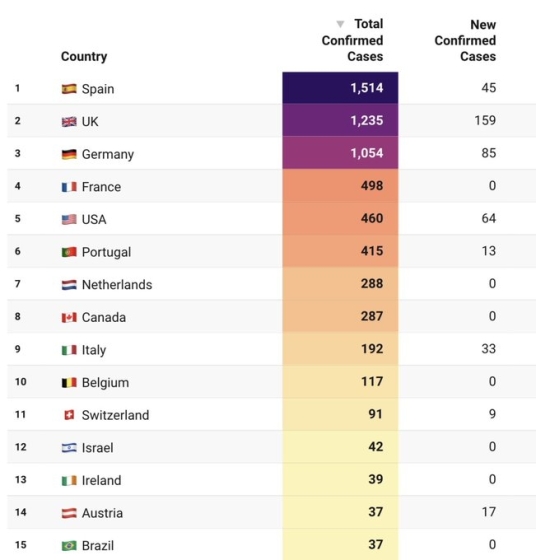

Europe reports more than 4,500 cases of monkeypox in two weeks
So far, positive laboratory tests indicate that 31 countries have reported cases.
The regional director of the World Health Organization (WHO) for Europe, Hans Henri P. Kluge, revealed this Friday that, in the last two weeks, cases of monkeypox have tripled on the continent, reporting more than 4,500 infections.
So far, laboratory tests with positive results indicate that 31 countries have reported cases, which "represents almost 90 percent" of those confirmed since last May on an international scale.
The majority of diagnosed patients are between 21 and 40 years of age, and 99 percent are male. In addition, "small numbers of cases have been reported among household members, heterosexual contacts, and non-sexual contacts, as well as among children," the official said.
Kluge also detailed that at least ten patients received hospitalization for treatment, one person was admitted to intensive care, and no deaths were reported.
Those confirmed have presented symptoms such as skin rash, fever, digestive problems and muscle, throat or headache pain.
The WHO representative urged governments and the population to intensify "efforts in the coming weeks and months to prevent monkeypox from establishing itself in a growing geographic area."
He also stressed that the countries in the area "must rapidly expand surveillance of monkeypox", disseminate understandable messages to communities and spare no effort to make "solid investments in public health", in line with political commitments.
Monkeypox is a zoonotic disease that has spread rapidly across Western Europe. It was first identified in humans in the 1970s and is considered to be less risky than smallpox.

Comments to this:









